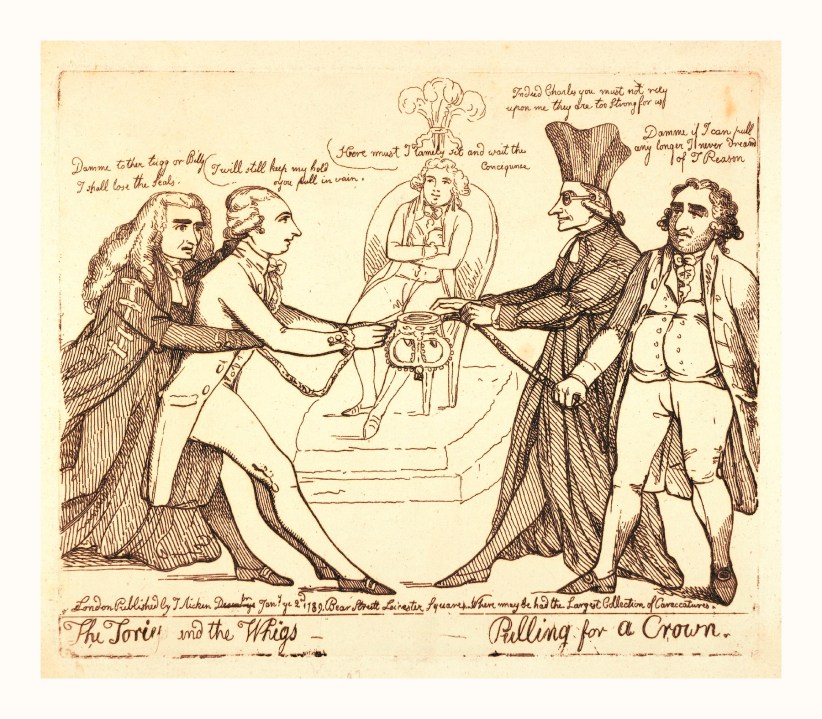Though local polls and by-elections are notoriously unreliable guides to general elections, and a week is indeed a long time in politics, what happened at last week’s local elections could portend one of the greatest changes in our political system in over a century: the permanent presence of Reform UK, and consequently the demise of our oldest political party, the Tories.
The Tories have been around in various forms since the reign of King Charles II, when party politics emerged as a rivalry between the Tories and the Whigs over the issue of whether to exclude James II from the throne on the basis of his Catholic faith. The two parties alternated in government throughout the 18th and 19th centuries and well into the 20th.
Last week’s local elections could portend one of the greatest changes in our political system in over a century
The Liberals, as the Whigs became under William Ewart Gladstone, stood for free trade, nonconformity in religion, a sceptical anti-imperialism, capitalist industrialisation, social progress and an end to the domination of an unelected landed aristocracy.

Britain’s best politics newsletters
You get two free articles each week when you sign up to The Spectator’s emails.
Already a subscriber? Log in







Comments
Join the debate for just £1 a month
Be part of the conversation with other Spectator readers by getting your first three months for £3.
UNLOCK ACCESS Just £1 a monthAlready a subscriber? Log in